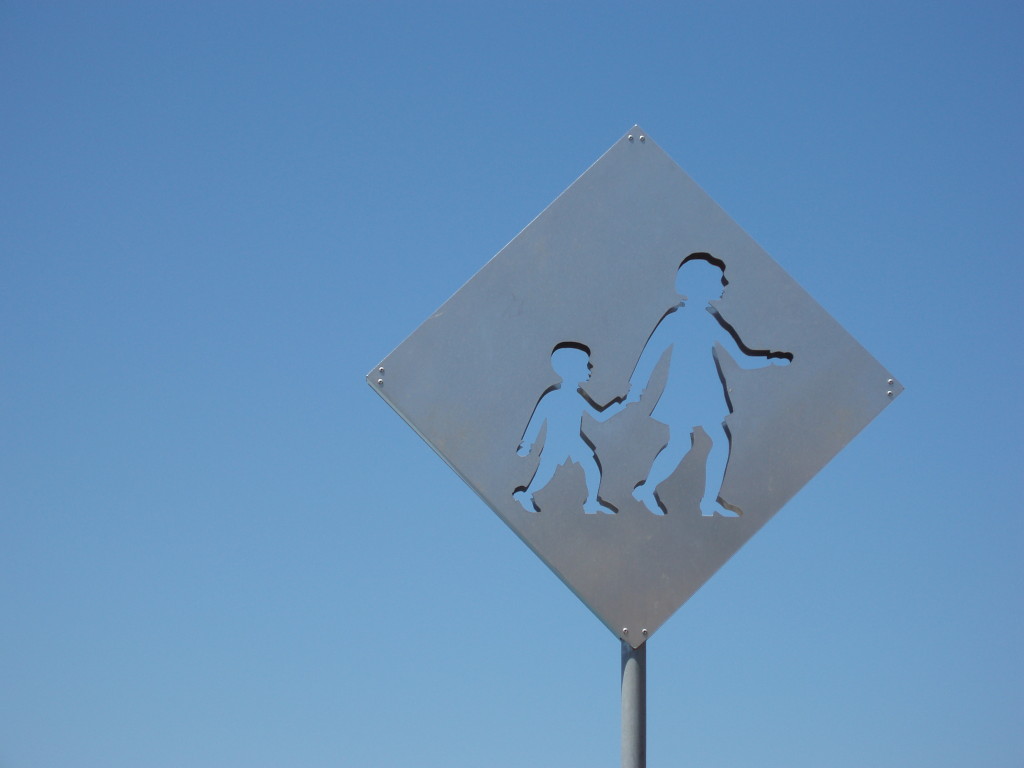
Measuring Quality and Labor Market Results in Education in the Czech Republic
Speaking of visions, the lack of consensus extends beyond politics. Many employers have been lobbying for more practical education, especially on the level of secondary schools. This has been opposed by most experts on education.











